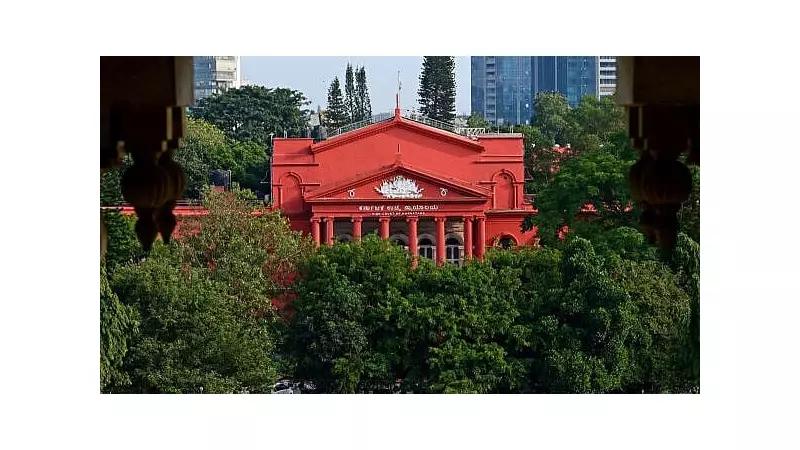
The legal tussle over who can use Karnataka's public spaces and for what purpose has reached a critical juncture. The Karnataka High Court has wrapped up arguments and reserved its verdict in a case that could redefine public space usage across the state.
The Heart of the Legal Battle
At the core of this controversy is the state government's appeal challenging an earlier stay order. This stay had put on hold the government's decision to restrict activities of private organizations in public areas. The court's upcoming decision will determine whether these restrictions can be enforced or if they'll be permanently shelved.
Why This Case Matters
This isn't just another legal proceeding—it's a case that touches upon fundamental questions about public space management. The outcome could affect:
- How private groups conduct activities in parks and other public areas
- The balance between public order and freedom of assembly
- Local government authority in regulating public spaces
- Community activities and social gatherings across Karnataka
The Judicial Process Unfolds
After extensive hearings where both sides presented their arguments, the court has decided to take time for deliberation. The "reserved verdict" status indicates that judges are carefully considering all legal aspects before delivering what promises to be a landmark judgment.
Legal experts are closely watching this case, as it could set important precedents for how Indian states manage public spaces while balancing various interests and constitutional rights.
What's Next?
While there's no fixed timeline for when the verdict will be announced, the legal community anticipates it could come within weeks. The decision will either uphold the government's authority to impose restrictions or affirm the stay, allowing private groups to continue their activities without government limitations.
This case represents a significant chapter in Karnataka's ongoing dialogue about public space governance and civil liberties.






